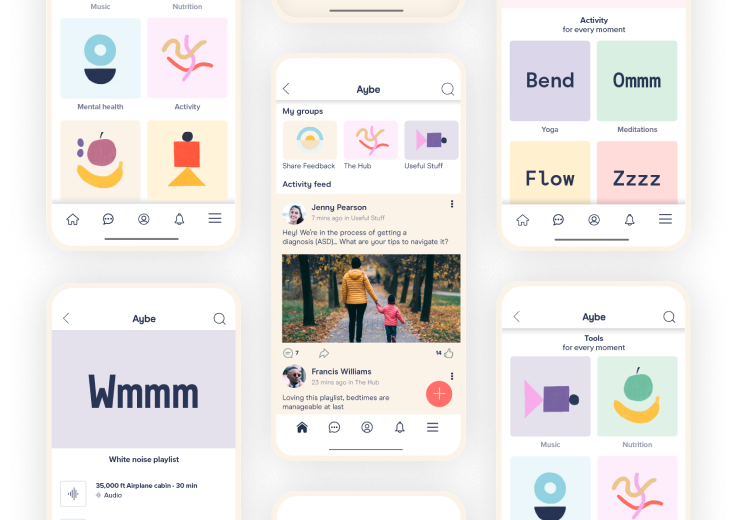ND Wellbeing: 31 Evidence-Based Mindfulness Strategies
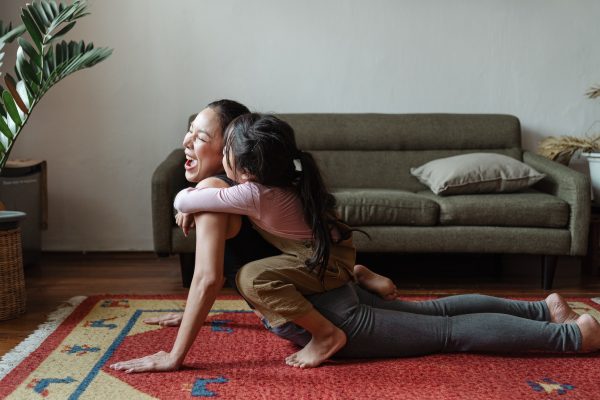
Are you looking for tools to help you with your everyday life and moments where you need calm? Here are 31 evidence-based mindfulness strategies for neurodivergents. Neurodiverse conditions often cause mental health disorders, especially if there isn’t enough support. And even when you have access to support, healthcare, and experts, mental health is an everyday process. It doesn’t disappear between appointments or sessions.
That makes daily tools and time for mindfulness essential support for Neurodivergents. However, consistently tapping into mindfulness strategies for for Neurodivergents may be a struggle due to executive dysfunction, sensory issues, overthinking, anxiety, and thinking, learning, and behaving differently than many people means that the standard advice and activities can fall short.
Join the Community
Download the app to access more specialist advice, community support and wellbeing tools.
Join today as a Contributor member to gain free* access!
Download now
*Free access, in return for contributing to Aybe on a weekly basis, for example by commenting, liking, responding to feedback requests. See Terms & Conditions.
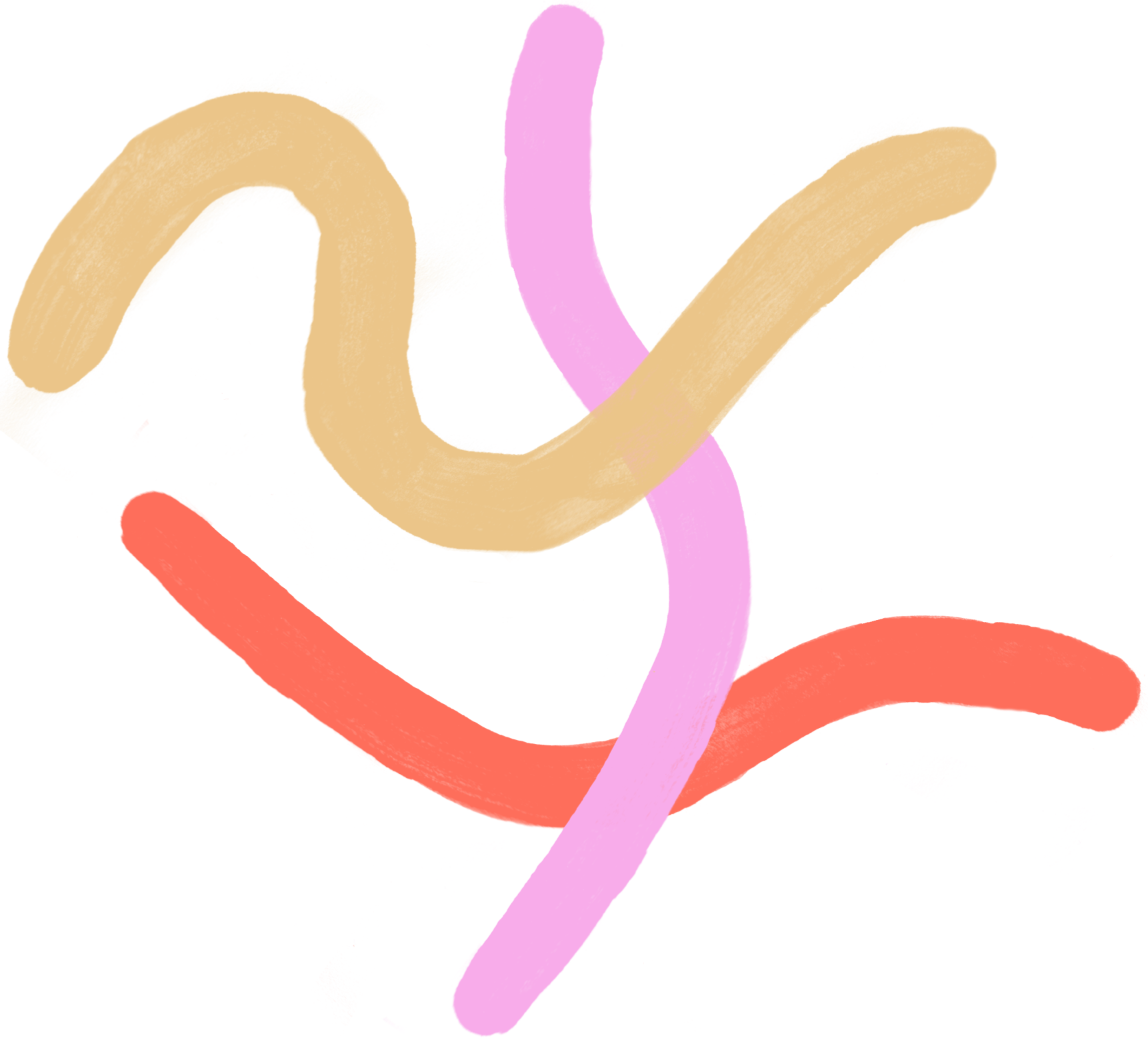
Here are some ND-friendly evidence-based mindfulness strategies proven to help you become more present in the moment.
Music, Sound, and Art:
Music and sound have been shown to shift our emotions and body in so many ways, including reducing stress, lowering heart rate, reducing anxiety and depression, improving sleep, or increasing positive emotions. Art and creativity also have been shown to give mindfulness outlets for processing emotion, connecting us to others, and helping us slow down and breathe.
- Listen to a new song, paying mindful attention to your emotions that come up.
- Listen to a song from a meaningful time or place, and visualise how it feels there.
- Make sound or music. It can be singing, a sound bowl, simple rhythms on a surface, an instrument, or more.
- Observe a piece of art, noticing the colours, structure, and elements.
- Take time to create by colouring or making something.
- Sit outside and explore the sounds of nature.
- Write a meaningful word on a blank piece of paper to decorate with colours or images it brings to mind.
- Listen to a favourite song of a person you care about while thinking about what you’re grateful for about them.
Sensory-Based:
Our body has more than five senses and paying attention to the processes happening voluntarily and involuntarily in our bodies help us to connect to ourselves and be self-aware. From the benefits of mindful eating to grounding to breathing techniques tapping into the senses that never turn off on you will show you a lot.
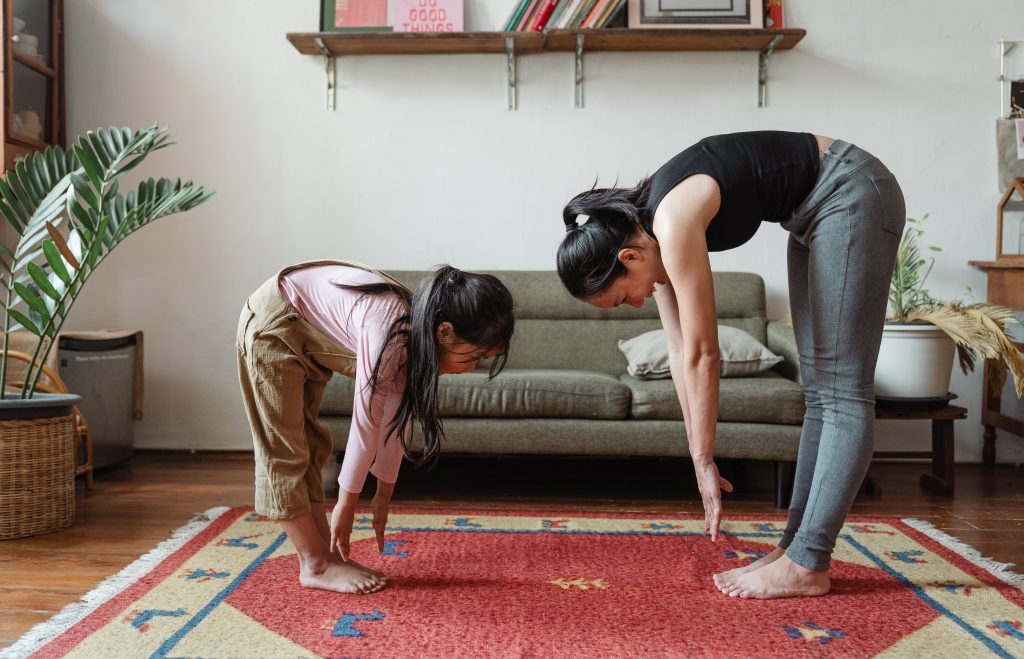
- Take 10 slow breaths, breathing in for 4 and out 8.
- Relax in a bath or shower during a time you aren’t rushed.
- Enjoy a favourite meal with mindful eating and gratitude.
- Enjoy a hot drink mindfully, being aware of the taste, smell, and how your body feels.
- Light a candle or fire and relax while gazing at it to observe the movement and colours.
- Practice grounding outside with ground-to-barefoot contact.
- Take time to connect with nature. Take stock of how you experience it with all five senses.
Words and Thoughts:
Self-affirmations lower stress and boost well-being. Focusing on words and thoughts (or the quiet between) taps into the three elements of intention, attention, and attitude in mindfulness. That’s what makes this category of techniques so helpful.
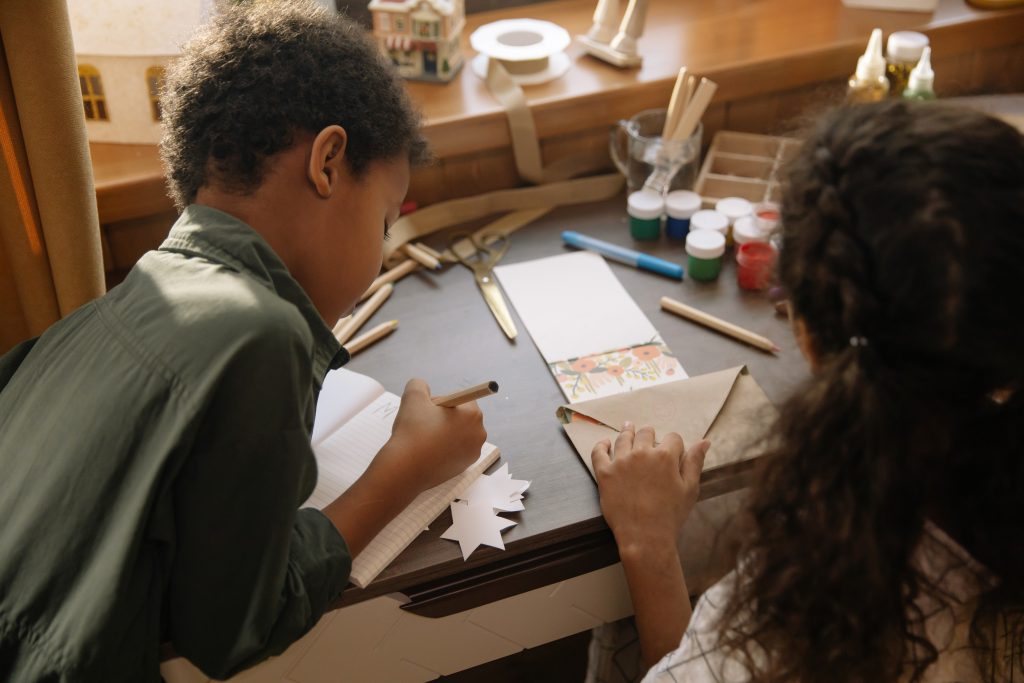
- Identify something that has been weighing on you, and practice self-compassion.
- Complete a guided meditation in a quiet space.
- Complete a simple 5-Minute Journal to get your thoughts out in a free-form style.
- Think about or set a personal goal that means a lot to you. Outline one simple next-step.
- Write a gratitude note to yourself or someone else.
- Read or recite affirmations out loud. Revisit throughout the day.
- Check-in and observe your emotions. How do you feel? Why?
- Write a note or send a message to check in with someone you’ve been meaning to reach out to and say hi.
Movement and Play:
Movement and exercise are pretty well-known for supporting mental health. But there are smaller ways to tune in with your body. Body scans and mindful movement are shown to be able to help us in staying present and aware of ourselves, but without judgement.
- Move through 3 stretches slowly, listening to what your body needs.
- Explore EFT tapping here.
- Work on a puzzle or other chance to concentrate and problem-solve.
- Take a morning or evening walk.
- Dance to an upbeat song you love.
- Complete an energetic workout, taking stock of your body before, during, and after.
- Walk with a friend or pet, or think about a fun memory with loved ones while you walk.
- Lay on your back and work through each muscle head to foot, tightening up for the count of 5, and then releasing.
Mindfulness is About Finding What Helps Over Time
There’s no moment where someone becomes Officially Mindful. This isn’t about flipping a switch and rigidly working through a checklist, it’s designed to make small and simple steps available daily so that getting started is easier.
Whether this is a solo practice, a family activity, or a classroom setting, the process is the goal. Studies show the impact of mindfulness, but they also remind us that small changes can start a big shift. Adjusting to needs, interests, skills, and even schedules is supportive and an important part of adding more mindfulness into your days.
Note: If there’s a day where the activity doesn’t work with your situation or sound like the right fit, feel free to substitute something else. Here are a couple extra options you can do in any setting with a pen and paper:
- Create a personal mantra for the day, week, or year and put it somewhere you can revisit.
- Write down three things you’ve accomplished recently. How did they make you feel? Why?
Download our Mindfulness Calendar in the Tools section of the app which has all these evidence-based techniques at your fingertips for each moment you need to relax. You’ll have a whole 31 days set up for the quickest new habit you’ve ever formed. Let us know how it goes, or share your mindfulness experiences and questions in the community! And don’t forget that all the journaling, walking, and gratitude works best when it’s combined with other supports like great sleep and nutrition!
Join the Community
Download the app to access more specialist advice, community support and wellbeing tools.
Join today as a Contributor member to gain free* access!
Download now
*Free access, in return for contributing to Aybe on a weekly basis, for example by commenting, liking, responding to feedback requests. See Terms & Conditions.

